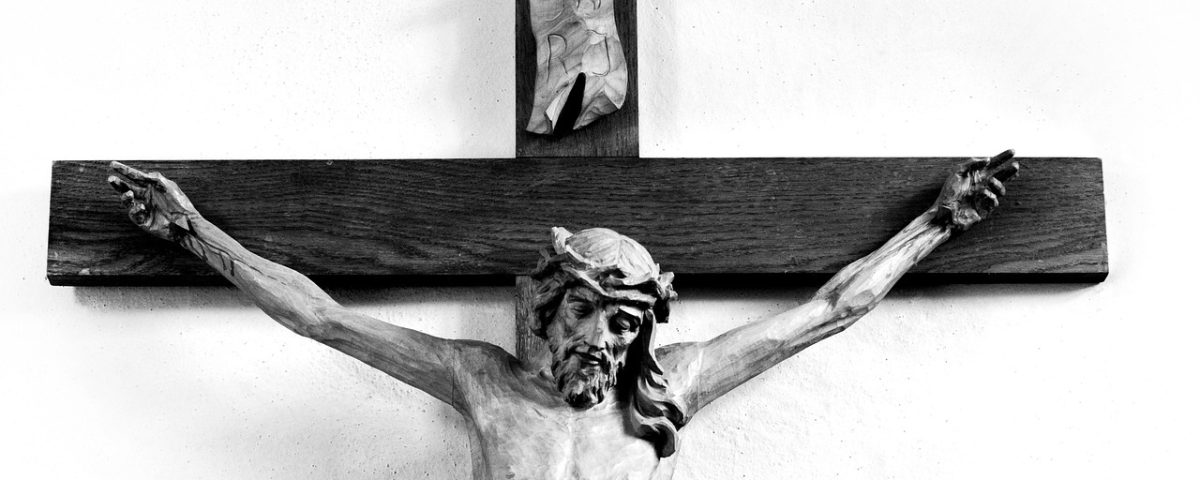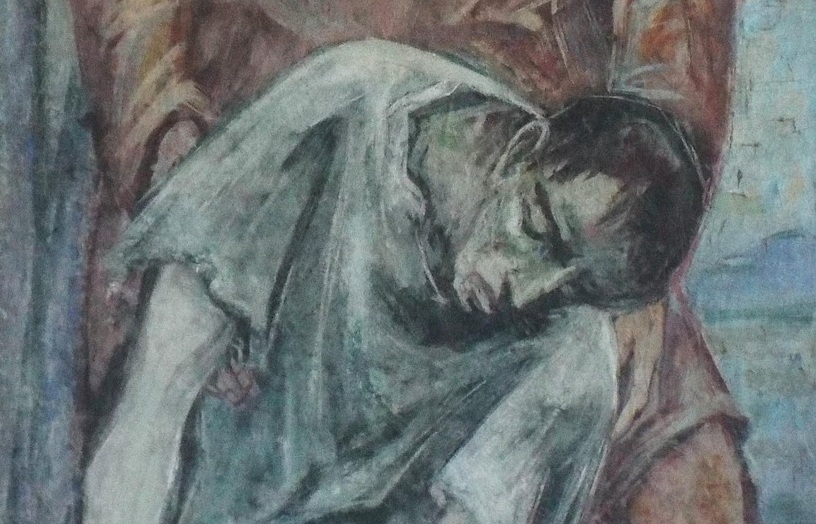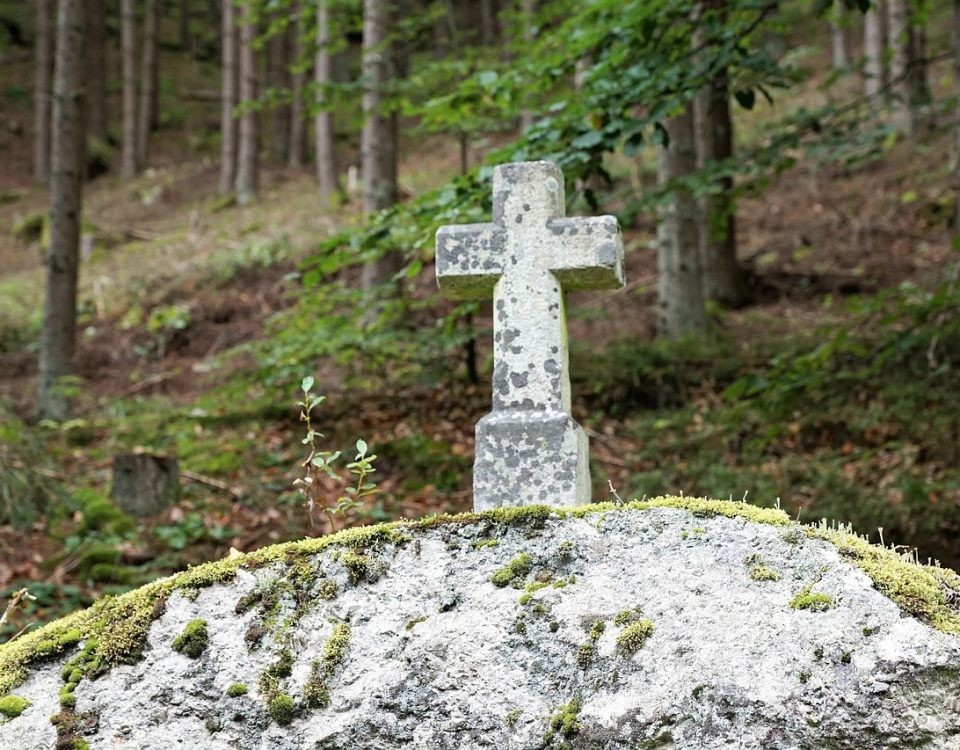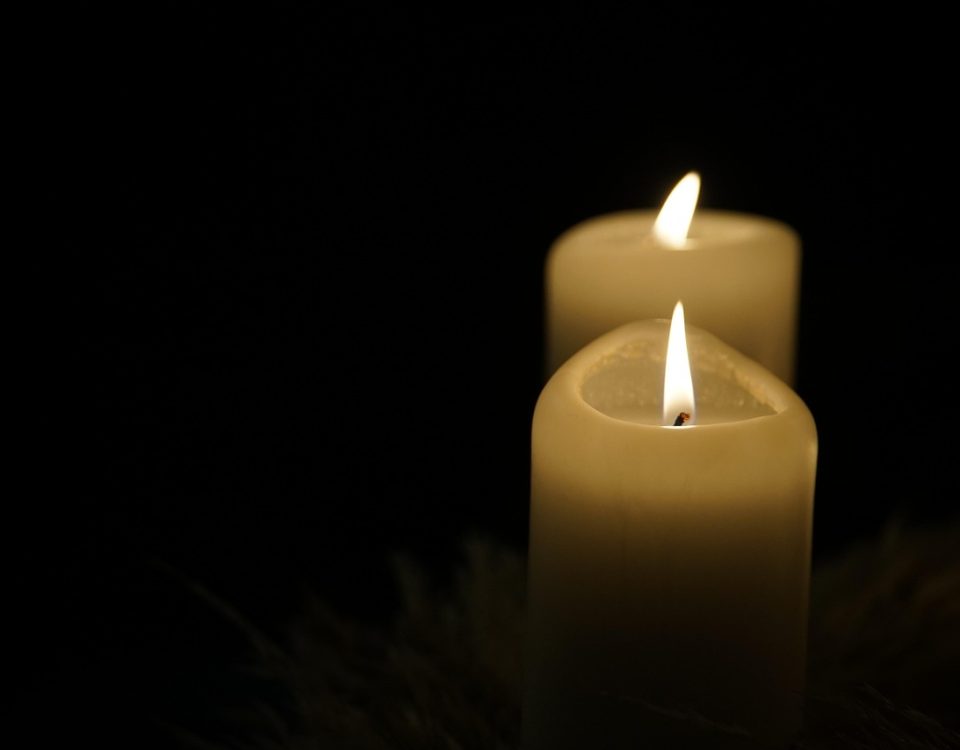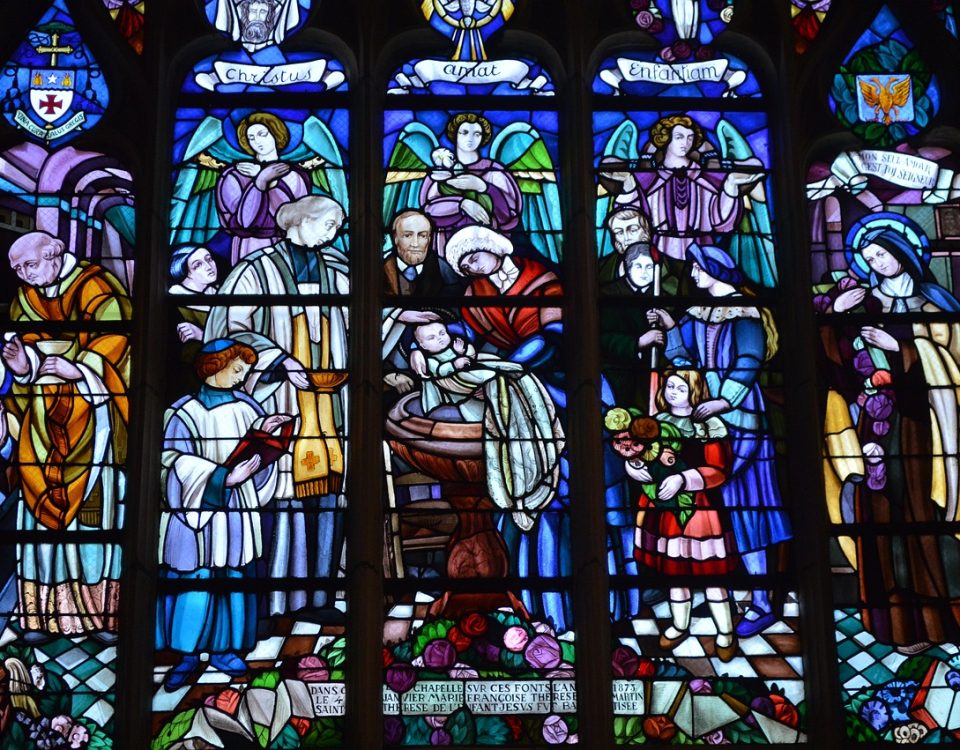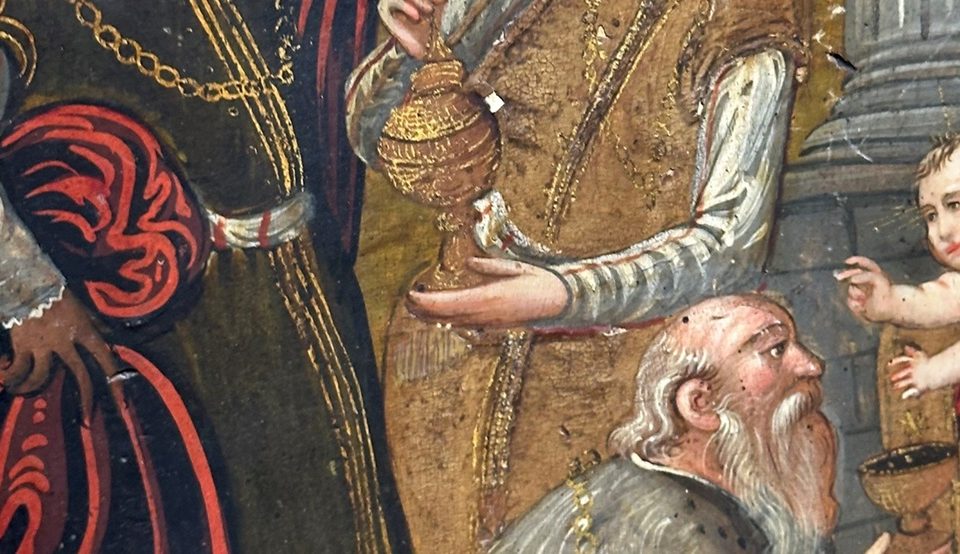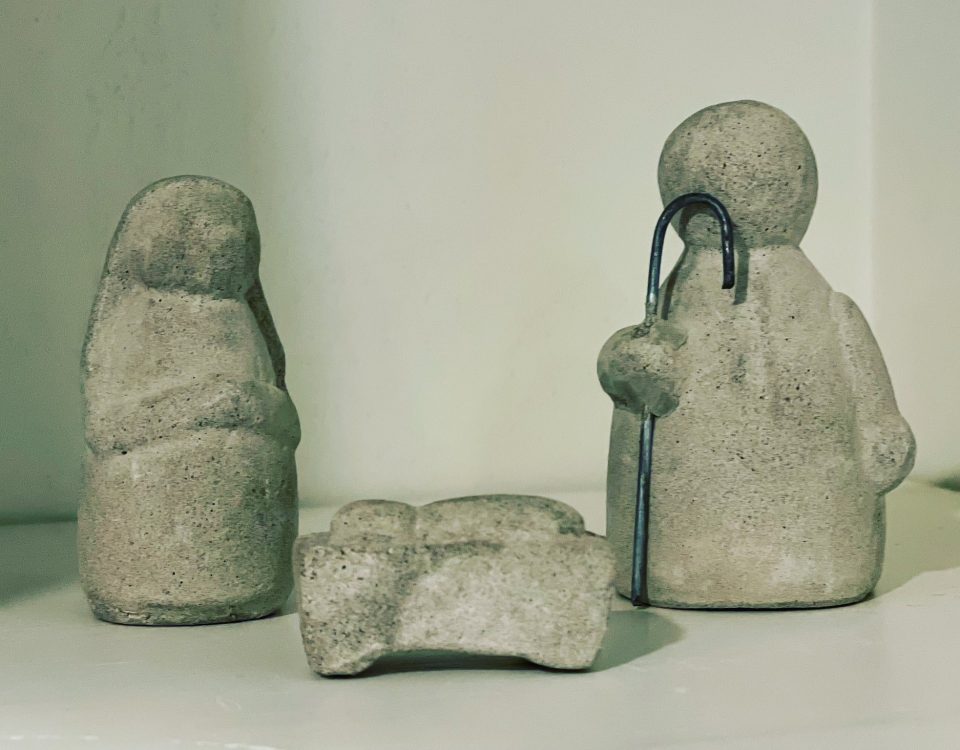Obviously, I must preach briefly, so I’ll just get to it.
I want you to come to church this week; I want you to come to church a lot this week. I want you to treat this week differently because, you see, this week is different; it’s Holy Week. When I was a younger clergyman, I would preach saying that people shouldn’t dare mock God by coming to church Easter Sunday if they had not given God his due on Holy Thursday and Good Friday, if they had treated those days like ordinary days, if they hadn’t been there.
I still believe something like that, but I have calmed down a bit. I don’t know how much the hard sell worked, anyway; but I still do believe something like it. Sports, work, maybe baseball tickets: none of it’s more important than what is mystically on offer in this little parish church this week.
Don’t miss it is all I can tell you; don’t miss what the Church wants you to see before next Sunday—the betrayal, the death. The Church wants you to see it mystically, to be part of it. The Church wants you on Thursday not to be where Judas was, far away from Christ; the Church on Friday wants you among those few at the foot of the Cross. Nothing is more important this week than that. Again, I’m sorry if I’m pushing too hard here; I’m sorry if I still don’t know how calmly to invite you, to tell you how important all this is. God will definitely love you if you don’t come this week; please don’t worry about that. God’s love never ceases. But, of course, it’s not God’s love I’m talking about; I’m talking about ours.
But why come? I’m talking about the Three Days—Holy Thursday, Good Friday, the Feast of Feasts. Why treat this week differently? Why change plans? Why excuse yourself from the world’s business? Why tell your coach you must leave practice early, skip the game? The reasons are at least two.
First, it’s a matter of respect. Jesus was betrayed on Thursday, on the night he gave himself in the Eucharist. That’s the evening the work of Satan began, the evening the disciples huddled near their Lord. It’s the night he asked if his disciples would watch with him a little.[1] I don’t know, it’s just that ever since I’ve been a Christian, I’ve never understood why you’d want to do anything else on such an evening. And Good Friday is the same: the Lord Jesus dies on Friday, around about three o’clock. I just do not know what else matters. Again, I’m sorry; I know I could say this with more art. I really don’t want to upset you. It’s just, you see, it’s Jesus, and I want to pay my respects.
But that’s just me; that’s my reason. But there is another reason, a better reason, a mystical reason. Holy Week, you see, is not just about paying your respects, it is about seeing God. That’s why I call this reason mystical, for I am talking about what can happen to a person who comes to the church to hear the word of God, to follow Jesus, to eat his body and blood and watch with him a little in the darkness. Such a person, you see, can be given the gift of mystical sight, the gift of revelation. I am talking about what Jesus himself said. It’s in John’s Gospel, Jesus said: “When you have lifted up the Son of man, then you will know that I am…”[2] That’s the divine name; Jesus is saying that when you see him on the cross, you see God. He’s saying that on Good Friday what it’s possible to see is not just brutal death but pure love—love so pure and real that it’s the showing forth of God himself. He is, of course, speaking mystically; he’s talking about an experience that is pure gift, an experience unlike anything else; I wish I could bottle it up and give it away, but I can only invite you to look for it. Anyway, I’m talking about something only the lovers of God want. John knew, Mary Magdalene knew; the Blessed Mother knew.
Again, I wish I could figure out a better way to say it. I don’t mean to sound so intense; it’s just that it’s amazing what I’m trying to tell you. The hosannas of Palm Sunday were many; however, few were there come Good Friday. It has always been that way. Nevertheless, God will show himself here this week—the God who loves you, the God who since the garden has asked where we are.[3] May you find him by next Sunday. May we find him together: this God who so desperately wants to be found. Amen.
[1] Matthew 26:40
[2] John 8:28
[3] Genesis 3:9
© 2025 Rev. Joshua J. Whitfield
